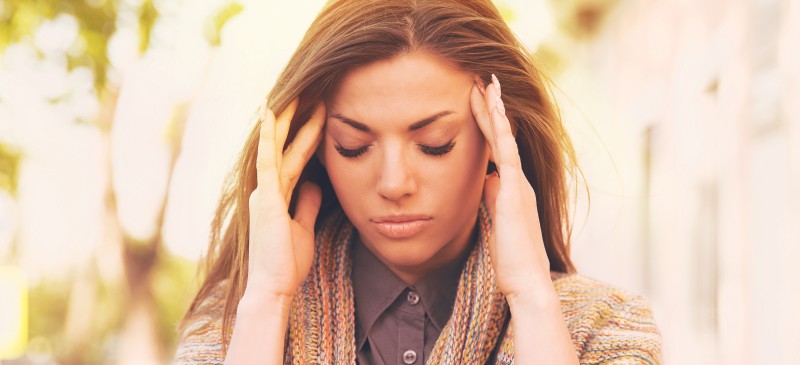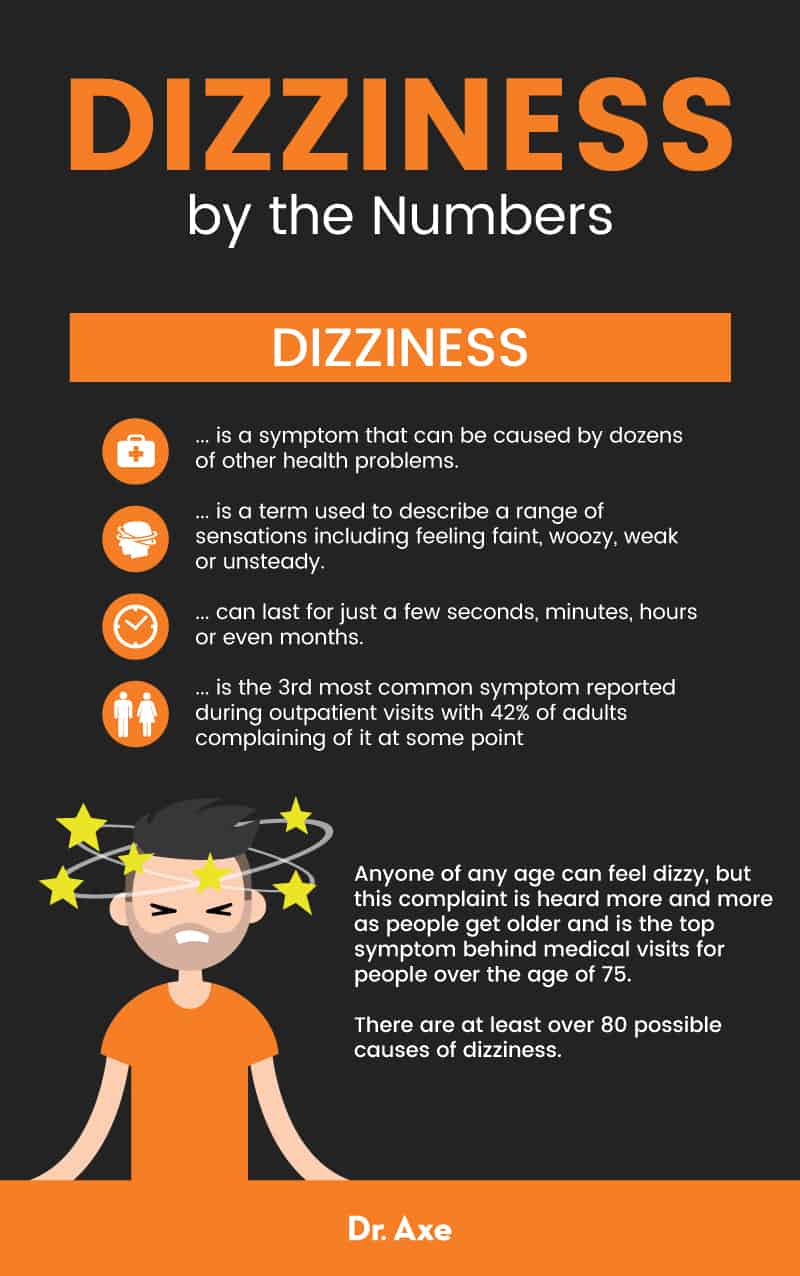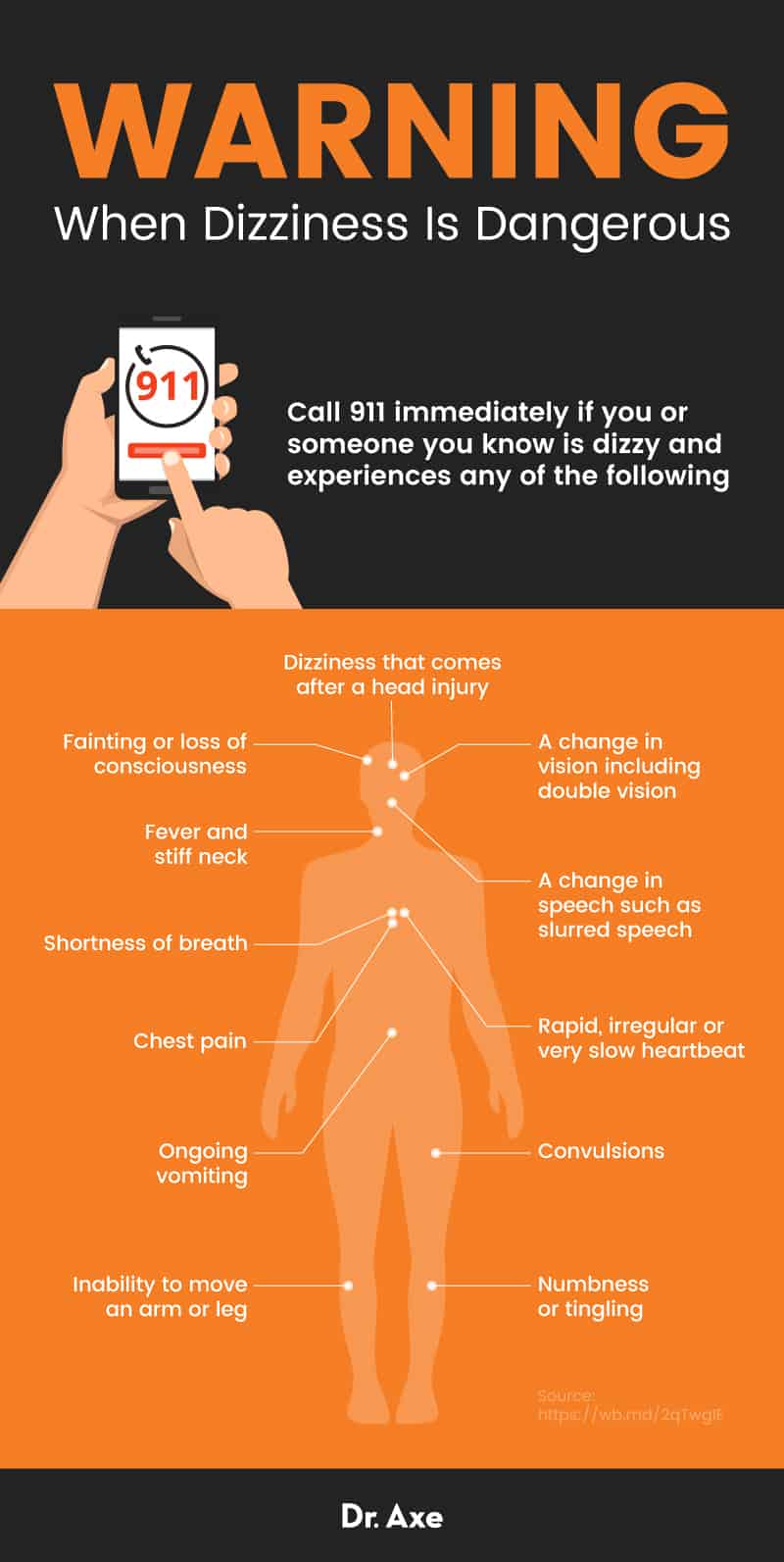This Dr. Axe content is medically reviewed or fact checked to ensure factually accurate information.
With strict editorial sourcing guidelines, we only link to academic research institutions, reputable media sites and, when research is available, medically peer-reviewed studies. Note that the numbers in parentheses (1, 2, etc.) are clickable links to these studies.
The information in our articles is NOT intended to replace a one-on-one relationship with a qualified health care professional and is not intended as medical advice.
This article is based on scientific evidence, written by experts and fact checked by our trained editorial staff. Note that the numbers in parentheses (1, 2, etc.) are clickable links to medically peer-reviewed studies.
Our team includes licensed nutritionists and dietitians, certified health education specialists, as well as certified strength and conditioning specialists, personal trainers and corrective exercise specialists. Our team aims to be not only thorough with its research, but also objective and unbiased.
The information in our articles is NOT intended to replace a one-on-one relationship with a qualified health care professional and is not intended as medical advice.
Dizziness Causes + 5 Natural Ways to Stop Feeling Dizzy
May 1, 2018

Dizziness is one of the most common complaints health care workers hear from their patients. It’s actually said to be the third most common symptom reported during outpatient visits with 42 percent of adults complaining of it at some point. (1)
If you’re waking up dizzy, feeling dizziness when standing up or experiencing sudden dizziness, all of these variations on dizzy spells are not fun and can be very disorienting to the say the least. Sometimes it can be caused by something as simple as dehydration. Others times, it can be one of the signs of something more serious such as heart disease. (2)
Dizziness is a symptom, not a medical diagnosis. And it’s a symptom that is often accompanied by other symptoms such as lightheadedness. What can cause dizziness? The list of possibilities is long, but I’m about to tell you many of them. Can you help your dizziness using natural remedies? If nothing really serious is causing it, then I can tell you how to get rid of dizziness naturally.
What Is Dizziness?
According to the Mayo Clinic, dizziness is a term used to describe a range of sensations including feeling faint, woozy, weak or unsteady. (3) When dizziness makes you feel like you or your surroundings are spinning or moving this is medically referred to as vertigo.
Dizziness is a symptom that can be caused by dozens of other health problems. The possible causes fall into several categories, including cardiac, neurologic, obstetric or gynecologic, and ear/nose/throat-related. Dizziness is often accompanied by other symptoms, too, such as headache, nausea or feeling lightheaded and dizzy.
Dizziness can last for just a few seconds, minutes, hours or even months. It’s a symptom that can be complex and it’s not always related to the vestibular (inner ear) system. Sometimes it is a sign of something more serious (more on that in the “causes” section below).
Symptoms
What are the symptoms of dizziness? When people say they are feeling dizzy then they are describing a perceived sensation of movement like rocking, spinning or whirling even though they are not actually moving. Sometimes, when someone says they are dizzy, it feels as though the room is moving around them.
Since dizziness is frequently a multicomponent symptom it is sometimes medically divided by the following accompanying symptoms: (1)
- Lightheadedness: a vague sensation that one is floating or feeling woozy.
- Presyncope: a more extreme form of lightheadedness that can be accompanied by tachycardia, palpitations, or excessive abnormal sweating.
- Vertigo: a sensation of movement, often described as a spinning, twisting, or turning.
- Dysequilibrium: a sensation of unsteadiness.
Many times dizziness is accompanied by other symptoms including: (4)
- Faintness or lightheadedness
- Feeling off balance
- Actual fainting
- Confusion
- Weakness
- Tiredness
- Headache or head pressure
- Chest pain or tightness
- Nausea or vomiting

Causes and Risk Factors
There are at least over 80 possible causes of dizziness. Here are some of the top known causes: (5)
Heart-Related
- Atrial fibrillation: Irregular, sometimes fast heartbeat causing poor
circulation and other cardiovascular problems. - Tachycardia: An abnormally rapid heart rate.
- Hypotension: The medical term for low blood pressure (less than 90/60).
- Atherosclerosis: A condition where the arteries become narrowed and hardened due to a buildup of plaque around the artery wall.
- Heart disease: Refers to a number of heart conditions that include diseased vessels, structural problems, and blood clots.
Brain and Nerve-Related
- Vertigo: A condition in which someone feels dizzy, often as though the room is spinning. Vertigo can be brought on by changing the position of the head. For example, benign paroxysmal positional vertigo (BPPV) can cause dizziness when lying down or when standing up.
- Meniere’s Disease: A chronic inner ear disorder that causes dizziness, tinnitus, vertigo and other symptoms typically associated with the abnormal fluid collection in the inner ear.
- Stroke: When a blood vessel that carries oxygen and nutrients to the brain is either blocked by a clot or ruptures.
- Fibromyalgia: A disorder characterized by widespread musculoskeletal pain accompanied by fatigue, sleep, memory, and mood issues.
- PTSD (Post traumatic stress disorder): A disorder in which a person has difficulty recovering after experiencing or witnessing a terrifying event.
- Post-concussion syndrome: A complex disorder in which various symptoms, such as dizziness and headache, last for weeks and sometimes months after the injury that caused the concussion.
- Altitude sickness: Also known as acute mountain sickness (AMS), this is a negative health effect caused by acute exposure to low amounts of oxygen at a high altitude.
- Migraine: A headache of varying intensity, often accompanied by nausea and sensitivity to light and sound.
- Hangover: Unpleasant symptoms that occur after excessive alcohol intake.
- Motion sickness: Illness caused by motion during travel.
- Caffeine overdose: Can occur when you consume too much caffeine through drinks, foods, or medications.
Ear/Nose/Throat-Related
- Common cold: A common viral infection of the nose and throat.
- Flu: A contagious respiratory illness caused by the influenza virus.
- Middle Ear Infection: An infection of the air-filled space behind the eardrum (the middle ear).
- Tinnitus: The perception of noise or ringing in the ears.
OB-GYN–Related
- Pregnancy: The time during which one or more offspring develops inside a woman.
- Menopause: A natural decline in reproductive hormones when a woman reaches her 40s or 50s.
- Endometriosis: A disorder in which tissue that normally lines the uterus grows outside the uterus.
- Toxic shock syndrome: A systemic bacterial infection that can come on suddenly and be fatal.
Again, these are just some of the possible causes of dizziness. Other common causes that don’t fit into these categories include:
- Anemia
- Anxiety
- B12 deficiency
- Dehydration, which can sometimes be caused by a fever, being overheated, hypoglycemia, and medication side effects.
If you’re feeling dizzy and are currently taking medication, make sure you thoroughly read the possible side effects of your medication. (6)
Dizziness can also be a side effect of some tools used to quit smoking such as the nicotine patch and nicotine gum.
Risk factors for dizziness include, but are not limited to, the following: head or ear trauma, viral ear infections and age. Anyone of any age can feel dizzy, but this complaint is heard more and more as people get older and is the top symptom behind medical visits for people over the age of 75. (1)
Diagnosis and Conventional Treatment
If you go to your doctor for dizziness, you’ll likely be asked about your symptoms, if you currently have any medical condition(s), and any medication use. Your doctor will also perform an exam, which will include evaluating how you walk (known as gait) since this can say a lot about your balance and the state of your central nervous system.
If your doctor thinks anything serious such as a stroke is causing your dizziness and/or lightheadedness, then an MRI or CT will likely be conducted right away. If you recently hit your head or if you’re older in age, one of these tests is also likely.
You may also need a hearing test and balance tests, including eye movement testing, head movement testing, rotary-chair testing and posturography. Blood tests may also be requested to see if you have an infection. If a cardiac cause is suspected, then other tests to evaluate heart and blood vessel function will likely be ordered.
According to the Mayo Clinic:
Dizziness often gets better without treatment. Within a couple of weeks, the body usually adapts to whatever is causing it. If you seek treatment, your doctor will base it on the cause of your condition and your symptoms. It may include medications and balance exercises. Even if no cause is found or if your dizziness persists, prescription drugs and other treatments may make your symptoms more manageable. (7)
Medications that are conventionally used to treat dizziness include diuretics (water pills), antihistamines (both prescribed and over-the-counter), and anticholinergics.

Natural Treatments
Wondering how to stop feeling dizzy naturally? Treatment can depend upon the root cause, but generally speaking, the following natural treatments have been known to help. Of course, if dizziness is accompanied by other serious symptoms such as chest pain, call 911 and seek urgent medical care.
1. Relax and Hydrate
If you begin to feel dizzy, lying down right away can really help. If you are having severe dizzy spells related to vertigo, it can also help to keep your eyes shut while you are lying down. If your symptoms are related to being dehydrated, then have a hydrating drink like coconut water. If you’re overheated, then move into a cooler area as soon as possible whether that means moving into the shade outdoors or getting into a cooler indoor space. (6)
2. Acupuncture
Acupuncture is a holistic health technique that stems from Traditional Chinese Medicine (TCM) practices in which trained practitioners stimulate specific points on the body by inserting thin needles into the skin. The goal of a pilot cohort clinical study published in the journal BMC Complementary and Alternative Medicine was to evaluate how safe and effective the use of acupuncture was in treating patients with dizziness and vertigo in the emergency room. There were 60 subjects divided into one of two self-selected groups: the acupuncture group or the control group. None of the subjects had any life-threatening conditions or central nervous system disorders.
The researchers found that after 30 minutes of acupuncture treatment there were immediate and significant reductions in dizziness and vertigo as measured by the Visual Analog Scale (VAS) of dizziness and vertigo. Overall the researchers concluded, “The results from this pilot study provided clinical evidence on the efficacy and safety of acupuncture to treat dizziness and vertigo in emergency department. In future work, a larger sample size study are required to provide evidence-based practice.” (8)
3. Cut Back on Caffeine and Alcohol
If your dizziness is inner ear-related, then it can be helpful to cut back on caffeine and alcohol. Sources of caffeine include coffee, tea and sodas. In small amounts, organic coffee, tea and red wine are high in antioxidants and have many possible health benefits. However, in large amounts, caffeine and alcohol are both known to have negative effects on the circulatory system. In fact, dizziness is a known side effect of caffeine overdose. (9)
Similarly, too much alcohol can also be a cause of dizziness. When you drink alcohol, the portion of your brain that is responsible for balance — the cerebellum — is directly affected. Dizziness can therefore occur while drinking. In addition, dizziness or vertigo is known to occur during a hangover. So it’s best not to overindulge in any sources of caffeine and alcohol to prevent and improve dizziness.
4. Check Your B12 Levels and Eat B12-Rich Foods
Did you know that one of the symptoms of a B12 deficiency is dizziness? It’s true! (10) So make sure to have your B12 levels checked if you’re struggling with feeling dizzy. To get more B12 in your diet there are a lot of delicious and healthy foods you can eat. Some of the best sources of B12 include sardines, grass-fed beef, wild-caught salmon, feta cheese, cottage cheese, and eggs.
5. De-Stress and Seek Help if Needed
Is there a health concern or symptom that reducing stress can’t help? It’s hard to find one. Anxiety and stress are known to contribute to feelings of dizziness, so make sure that you are doing everything you can to lower your stress level regularly, ideally daily. Feeling anxious can bring on dizziness and feeling dizzy can also cause anxiety and stress in the mind and body. This is why it’s important to find activities that you enjoy that can encourage a calm state and practice them on a regular basis.
Some of my favorite natural stress relievers include exercise, journaling and prayer. Counseling and cognitive behavioral therapy are other great options that involve trained professionals helping you to learn how to better manage stress.
Precautions
If you’re assisting someone who is dizzy, have them sit down or lie down. Make sure to avoid sudden position changes and bright lights as much as possible. If the individual is thirsty, you can give them fluids.
Call 911 immediately if you or someone you know is dizzy and experiences any of the following: (12)
- A change in speech such as slurred speech
- A change in vision including double vision
- Shortness of breath
- Chest pain
- Rapid, irregular or very slow heartbeat
- Fainting or loss of consciousness
- Fever and stiff neck
- Convulsions
- Ongoing vomiting
- Dizziness that comes after a head injury
- Inability to move an arm or leg
- Numbness or tingling
Final Thoughts
- There are a lot of possible causes of dizziness, which mainly follow into the following categories: cardiac, neurologic, obstetric or gynecologic, and ear/nose/throat-related.
- Dizziness can be a side effect of certain medications so if you’re currently taking medication and feeling dizzy, make sure you look into your medication as a source of your dizzy spells.
- It can occur in people of all ages, but it’s more common in the elderly.
- Dizziness is a symptom; not a medical diagnosis.
